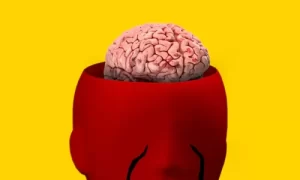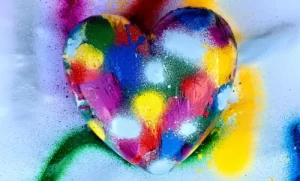For thousands of years, human beings have been telling stories. Before the invention of writing, everything was passed on through stories. At a certain point, storytelling became practically a profession and formidable storytellers were born.
We love to listen to stories. Perhaps we also have an innate need to even be sucked into a story and wrapped up in its drama. We also love to tell and share our stories. Our stories actually draw the picture we have of ourselves in the world and, at times, powerfully and decisively directs our choices.
Sometimes our stories limit us; they define us as a very particular kind of person and isolate us in a self-created prison. Every time we repeat our story, we add something and end up making our stories bigger and bigger, with more and more power over us. The original stories become irrelevant, while the new stories take on a life of their own and begin to guide us and, at times, with their weight and power, limit our actions and our freedom, and yet we continue telling them.
Our stories become our addictions because in some measure they comfort us, they are our Linus blanket. They allow us to feel sorry for ourselves and to gain some extra privileges and attention, to have excuses, albeit at great cost. Whatever story we might tell about our past, it is still only a story because WE ARE NOT OUR STORY.
Think about the stories you have told about your own life, stories about friendships and betrayals, stories about how you have helped others, stories about abuse, stories about how life is sometimes difficult and unfair and ask yourself, as you think of anyone of them, could you let go of this story?
We cling to our stories because we think they give meaning to our lives but the meaning of life is the meaning we give it by living our life.
What is the meaning you would like your life to have?
We can decide to consciously build our own story, a story that corresponds to who we choose to be today and discover true freedom.



